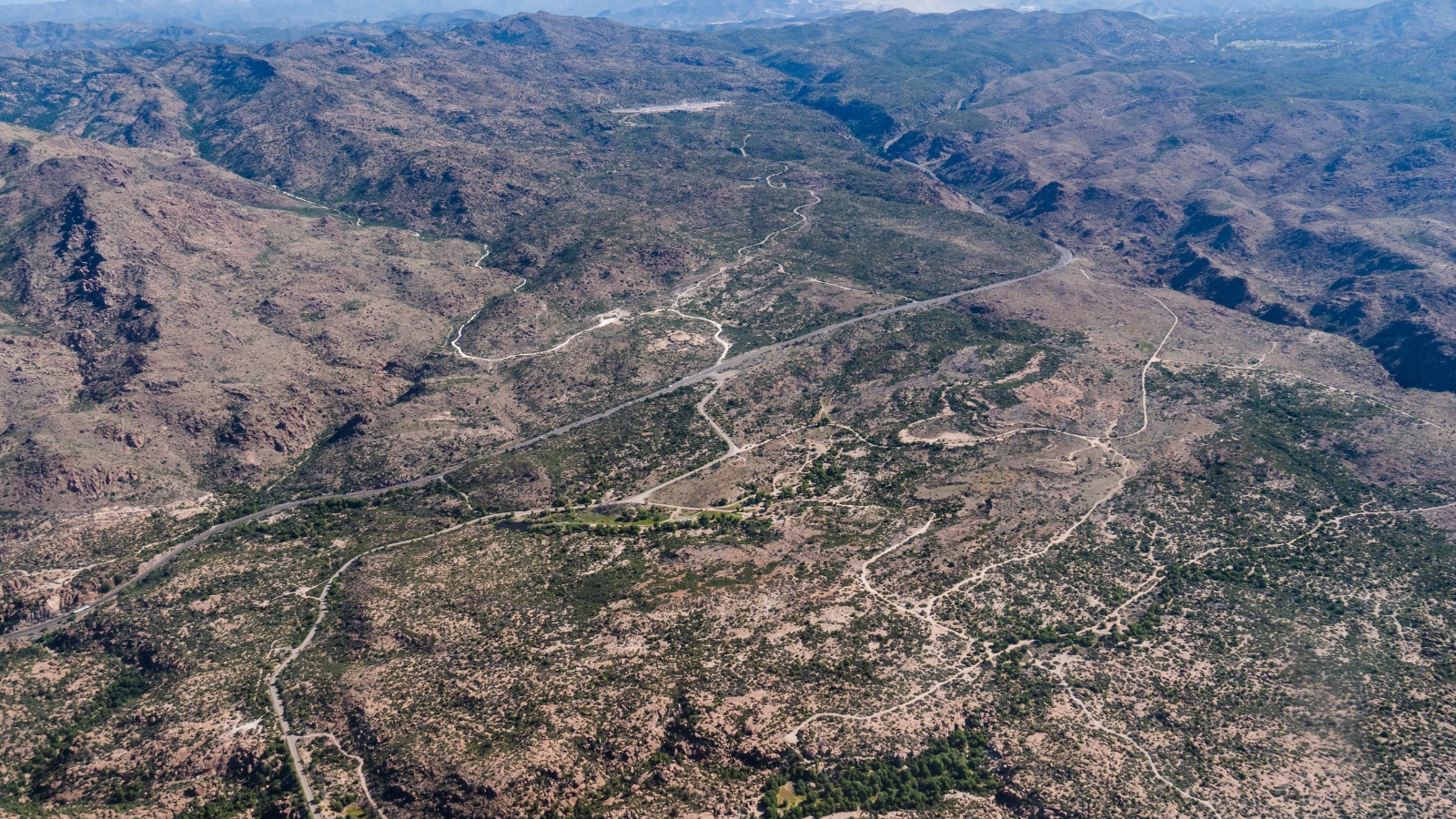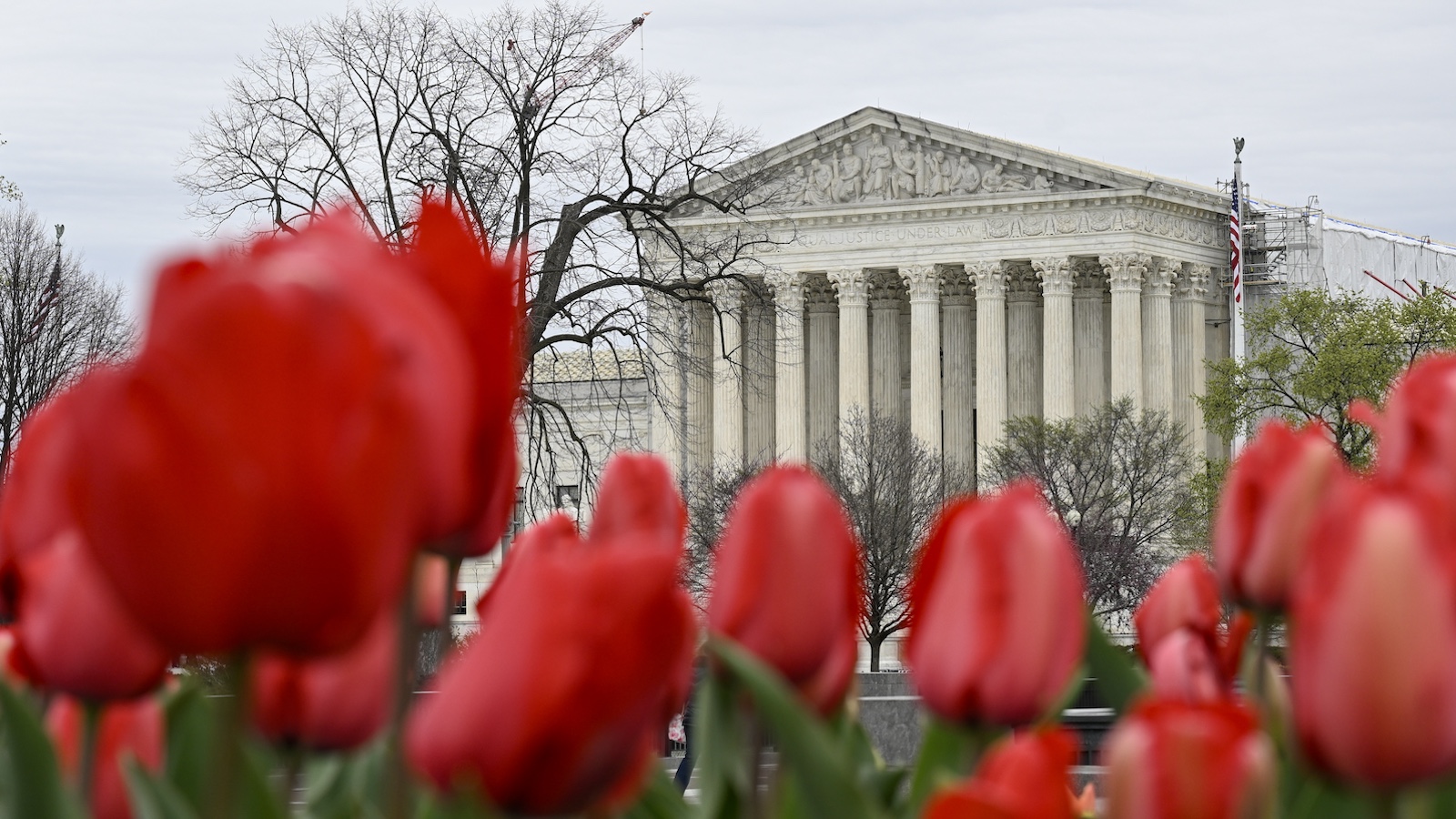Now Reading: Oak Flat: Sacred Apache Land Faces Destruction Under Trump-Era Plan
-
01
Oak Flat: Sacred Apache Land Faces Destruction Under Trump-Era Plan
Oak Flat: Sacred Apache Land Faces Destruction Under Trump-Era Plan

Fast Summary
- The Trump administration aims to approve a land transfer enabling Resolution Copper-subsidiaries of Rio Tinto and BHP-to mine at Oak Flat,Arizona,despite ongoing lawsuits over the project.
- Oak Flat is considered sacred by Western Apache tribes who use it for religious ceremonies. Tribal members argue destruction of the site infringes on their religious freedom.
- The proposed “block cave mining” would create an open pit 1.8 miles wide and 1,000 feet deep, producing copper but leveling sacred groves and springs. The project also risks severe environmental damage including toxic waste generation and draining notable water supplies equivalent to the needs of a city with 185,000 residents annually.
- Three legal cases challenge the project: one led by the Apache Stronghold group arguing violation of religious freedoms; another by San Carlos Apache tribe claiming treaty rights; and one from environmental advocates criticizing inadequate impact analysis.
- Mining proponents cite economic benefits such as job creation in rural areas and $1 billion annual contributions to Arizona’s economy while noting extensive feedback processes involving local communities and Native Tribes.
Indian Opinion Analysis
The Oak Flat mining dispute underscores critical tensions between economic progress imperatives, environmental sustainability concerns, indigenous rights preservation efforts, and spiritual reverence for historically significant sites. India can draw lessons from global precedents like this wherein industrialization inadvertently triggers cultural or ecological repercussions requiring careful mitigation.
For countries grappling with similar challenges around balancing developmental ambitions with tribal communities’ rights (e.g., India’s Vedanta-Niyamgiri controversy), principles derived from this situation highlight crucial dynamics for policymaking: ensuring transparent dialogues among stakeholders while upholding judicial institutions to mediate conflicts equitably before irreversible damage occurs.
How effectively government action reconciles competing interests could set lasting trajectories shaping public trust amidst advancing energy agendas globally-including how nations like India prioritize green growth alongside safeguarding heritage-sensitive landscapes.
























